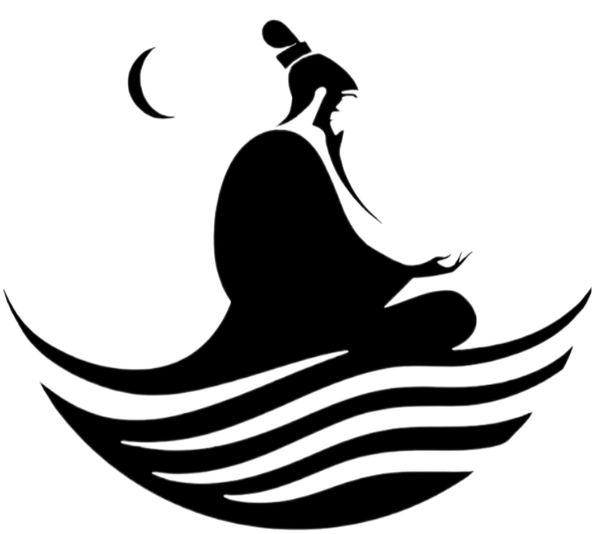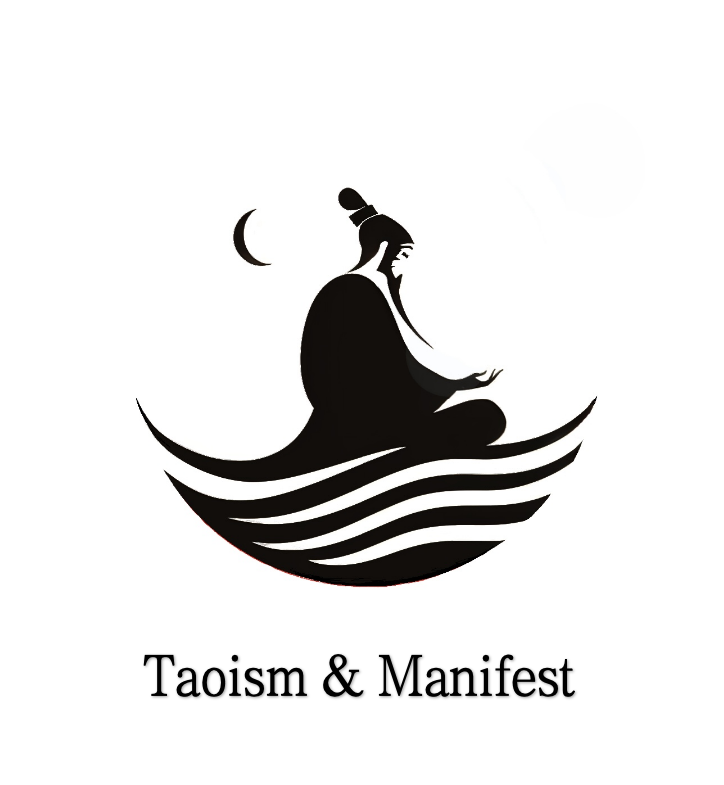Taoism, also known as Daoism, is an ancient Chinese philosophy and religion that has profoundly impacted Chinese culture and spirituality. But where did this influential belief system originate?
Origins of Taoism
Taoism is believed to have originated in the 6th century BCE in China, primarily through the teachings of the legendary philosopher Laozi. The Tao Te Ching, a foundational text of Taoism, is traditionally attributed to him. This work defines the central concepts of the Tao, or the Way, establishing a framework for understanding the universe.
Influence of Taoism on Chinese Culture
Taoism has significantly influenced various aspects of Chinese culture, including art, literature, medicine, and martial arts. Its principles of balance, harmony, and interconnectedness are deeply embedded in Chinese society, shaping cultural practices and beliefs for centuries.
Conclusion
In summary, the origins of Taoism can be traced back to the teachings of Laozi in ancient China. This rich and complex belief system has left a lasting impact on Chinese culture and continues to inspire individuals worldwide to live in harmony with the natural order of the universe.
Reference
Taoism Overview - Wikipedia: Taoism
Tao Te Ching - Wikipedia: Tao Te Ching
Laozi - Wikipedia: Laozi
Taoism and Its Influence - Stanford Encyclopedia of Philosophy: Taoism
The Role of Taoism in Chinese Culture - Encyclopedia Britannica: Taoism






